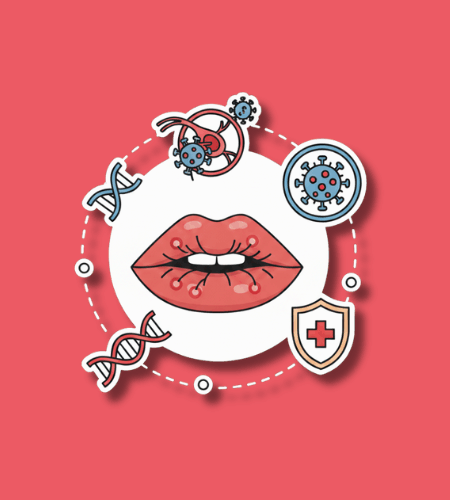National Herpes Awareness Day falls on October 13 each year and is a day to raise awareness about herpes (HSV‑1 and HSV‑2), reduce stigma, promote education, and encourage people affected to seek support and treatment.
Table of Contents
History of National Herpes Awareness Day
Herpes Awareness Day was first recognized in 2004 by the Australian Herpes Management Forum as a way to bring the often‑silenced topic of herpes into public conversation. Over time, it has gradually gained more recognition internationally, with health organizations, advocacy groups, and individuals participating in observances and campaigns on October 13.
Why is National Herpes Awareness Day important?
Herpes is a very common virus—but many people carry it without knowing or without openly discussing it. This lack of awareness and the stigma attached can lead to shame, secrecy, and reluctance to seek medical advice or support. The day helps normalize conversations about herpes as a medical condition, rather than as a moral failing, and aims to replace fear with understanding.
It also highlights gaps in treatment, research, and support. Because herpes is not curable, management and transmission mitigation matter a lot. Awareness can push for better access to antiviral therapies, more research into vaccines or cures, and public health messaging that is empathetic, accurate, and destigmatizing.
Some of the core messages promoted on this day include:
- Herpes is common; many people have it, often with no symptoms
- Disclosure, consent, and communication are key in relationships
- Treatment can reduce symptoms and transmission risk
- Public awareness and open discussion help reduce shame
How to Observe National Herpes Awareness Day
You can observe this day by educating yourself and others. Share reliable information about herpes transmission, symptoms, and treatment. Use social media to amplify stories, facts, or resources that help reduce stigma. If you or someone you know is affected, consider sharing a personal story (anonymously or openly) to help others feel less isolated.
Advocacy groups may host webinars, Q&A sessions with sexual health professionals, or community forums. If possible, support organizations working on herpes research or patient support through donations or volunteer efforts. Also, health clinics or community health centers might offer free or low‑cost testing or counseling on sexual health around this day.
Here are some practical ideas:
- Share a fact, myth‑buster, or personal perspective about herpes online
- Post or distribute educational resources from trusted sexual health organizations
- Volunteer or donate to herpes advocacy or support groups
- Attend or help organize an event (webinar, open forum, Q&A)
- Reach out to someone living with herpes with kindness and solidarity
National Herpes Awareness Day Dates Table
| Year | Date | Day |
|---|---|---|
| 2026 | October 13 | Tuesday |
| 2027 | October 13 | Wednesday |
| 2028 | October 13 | Friday |
| 2029 | October 13 | Saturday |
| 2030 | October 13 | Sunday |
Subscribe to our newsletter and never miss a holiday again!

